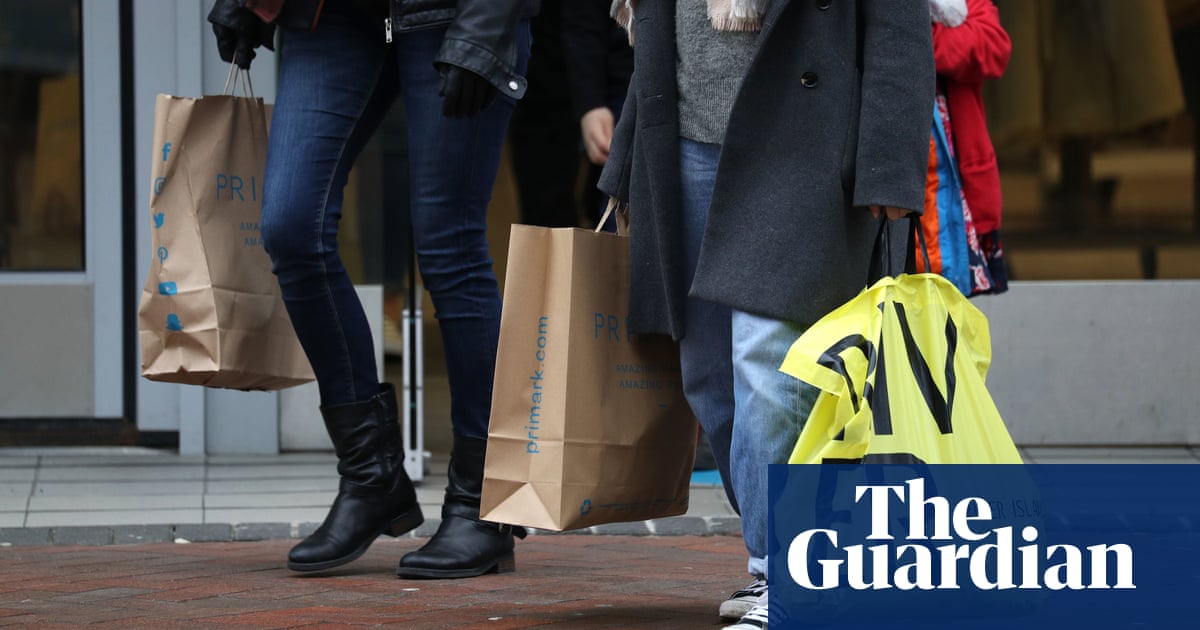
The resumption of festive events, including Christmas parties, pantomimes and nativity plays, has meant many of us have been doing a lot more indoor mixing. Annoyingly, these are exactly the right conditions for the spread of airborne respiratory viruses such as colds, flu, respiratory syncytial virus (RSV) and, of course, Sars-CoV-2 – the virus that causes Covid-19.
Cases of Covid are on the rise again. The Office for National Statistics’ weekly infection survey estimates that about 1.3 million people across the UK are currently infected. The Zoe symptom-tracker app has shown a 20% rise in cases over the past two weeks. A relatively new variant, BQ.1.1, has recently become dominant in the UK and is behind at least some of the recent surge. So, after two Covid-disrupted festive seasons, what hope do we have for a “normal” Christmas this time around?
First, things are looking better than this time last year, when the emerging Omicron variant ruined Christmas plans for millions. Nevertheless, Covid still has the power to throw a spanner in the works for us this year, as my brother and my nephew – who both recently tested positive – can attest to.
Although our risk of infection is not entirely in our control, there are still some things we can do to reduce the chances of Covid ruining the festive season. Perhaps the most straightforward is to ensure we are up to date with our vaccinations. Sadly, this will come as little comfort to the millions of under-50s who are a long way out from their last booster and are not being offered another one. If you are eligible though, and haven’t managed to yet, get yourself boosted. While you’re at it, think about getting the flu jab too. Last week, hospital admissions with flu overtook those with Covid for the first time.
Wearing a well fitting, high-quality mask in situations where transmission is likely (such as when Christmas shopping or on public transport) can also substantially reduce your Covid risk. If you are hosting a Christmas get-together, try to improve the ventilation in the space by throwing open a window or two every so often. Fresh air is good, but you don’t have to have an arctic blast all the time. Even a small amount of ventilation can help to reduce the possibility of transmission. Given milder weather has returned, you may even think of braving an outdoor gathering.
Unfortunately, rapid Covid antigen tests are not free any more, and the cost of living crisis means their regular use is too expensive for many. Nevertheless a preemptive lateral flow test may be considered a worthwhile investment. And, if you are already feeling under the weather, think carefully about whether you really need to attend that Christmas party and run the risk of passing on whatever you have to your friends and family.
There are some mitigations – things that could help us reduce our risk of contracting Covid – that are sadly out of our hands. And at a time when the NHS is facing its bleakest midwinter, with nurses and ambulance workers taking strike action and patients facing unprecedented waits in A&E, you might think it would make sense for the government to do whatever is in its powers to relieve pressure on our healthcare system. Instead, more than 5,000 people are being admitted to hospital with Covid each week in England alone. That figure only looks set to rise in the coming weeks.
There are sustainable, non-restrictive interventions that could reduce the burden of Covid infection, but are not being implemented. Ensuring cleaner air in shared spaces – in offices and schools, for example – can significantly reduce the risk of Covid infection, as well as preventing the transmission of other airborne diseases (such as flu). The economic benefits of better ventilation in commercial and community settings have been shown to far outweigh the costs of implementation. So why are we not doing it?
Other interventions such as improving sick pay, so people can afford to stay at home and not pass infections on to their colleagues or reducing systemic health inequalities would also mitigate against all manner of infectious diseases. That these are long-term measures should not act as an impediment to at least making a start on their implementation. If you don’t begin, you will surely never finish.
One embarrassingly simple short-term intervention the government could be encouraging is good public-health messaging. During a recent trip to Vienna, the French president, Emmanuel Macron, was seen sporting a mask. When questioned about it, he replied that it was necessary to “get back into the habit” in the face of rising Covid cases. Don’t hold your breath for similar messaging coming from the UK government. When it comes to Covid this festive season, the government’s policy seems less reminiscent of shepherds watching their flocks, and more of being prepared to let it grow, let it grow, let it grow.
Kit Yates is director of the Centre for Mathematical Biology at the University of Bath and author of The Maths of Life and Death












